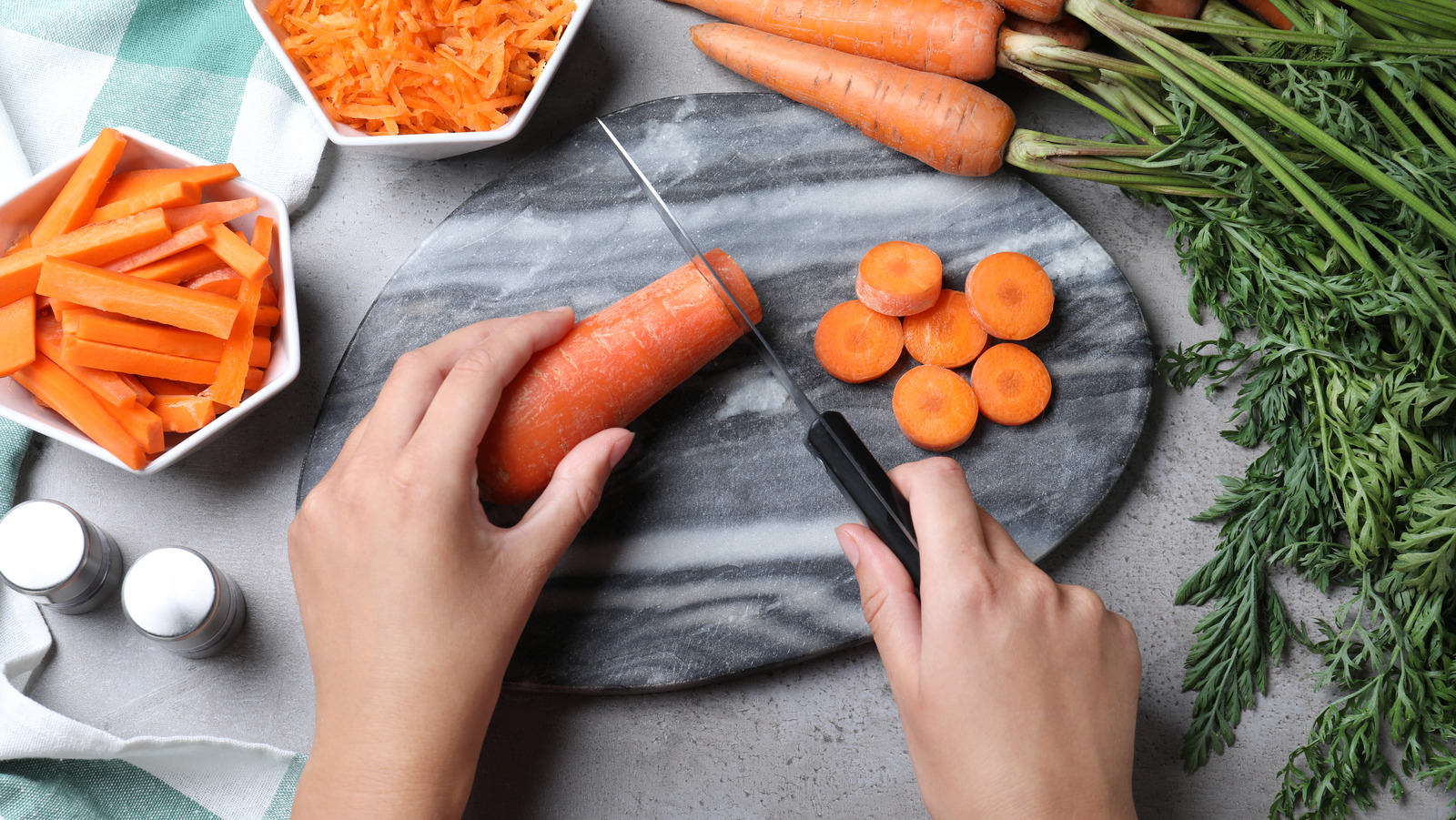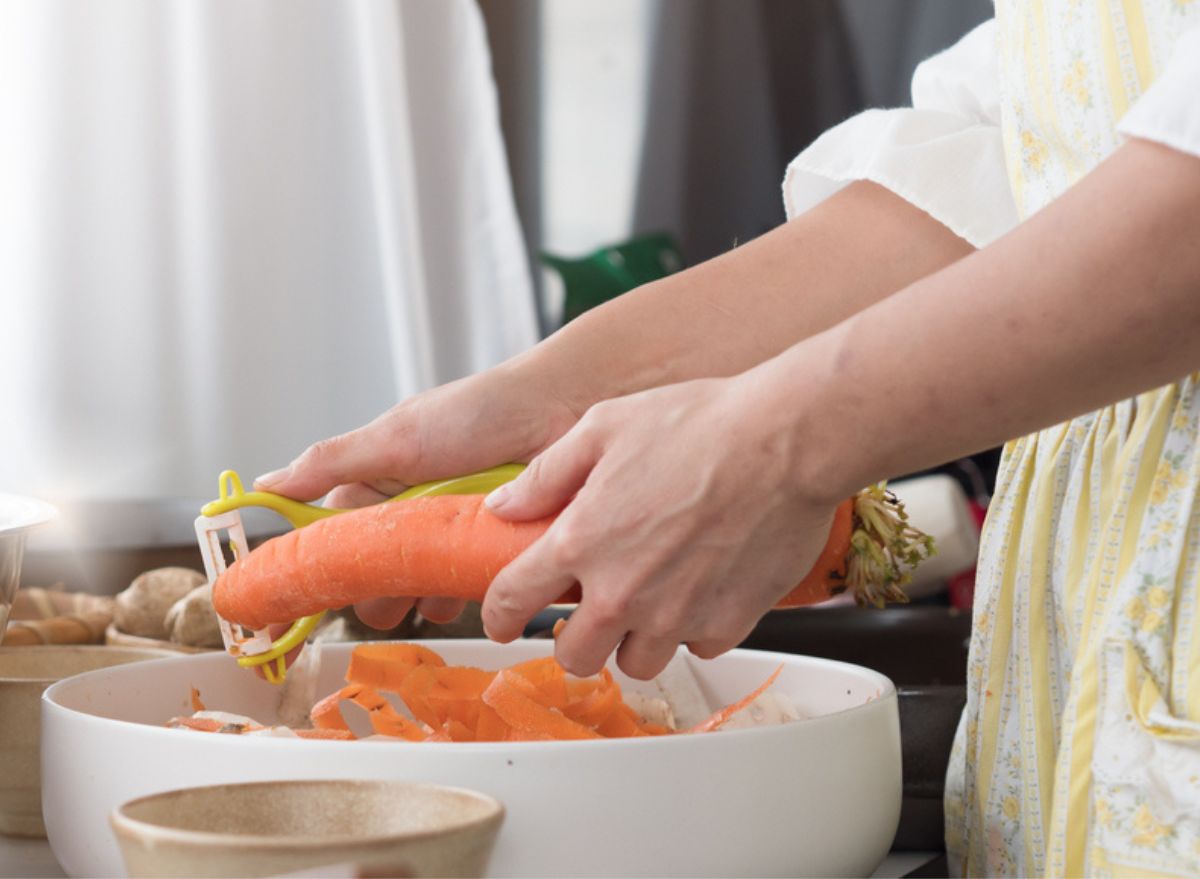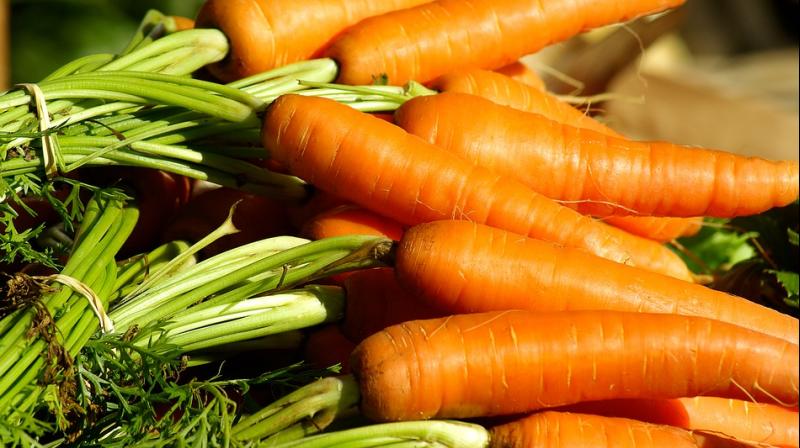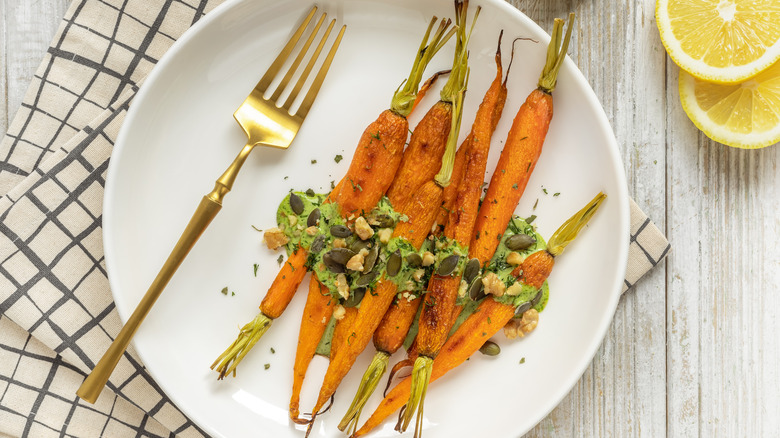Why Cooked Carrots May Be Healthier Than Raw Ones, According to Nutrition Science
When it comes to eating vegetables, many people assume that raw always means healthier. But carrots are an exception. Surprisingly, cooking carrots can actually make them more nutritious by helping your body absorb essential vitamins and antioxidants more effectively.

Cooking Unlocks More Beta-Carotene
Carrots are best known for their bright orange color and their high content of beta-carotene, a plant compound that the body converts into vitamin A. Vitamin A plays a vital role in maintaining good vision, a strong immune system, and healthy skin.
According to studies published in the Journal of Agricultural and Food Chemistry, cooking carrots breaks down their tough cellular walls, which makes it easier for the body to access and absorb beta-carotene. This process is called bioavailability—and for carrots, it increases significantly when they’re cooked.
In fact, one study found that cooked carrots can have up to three times more available antioxidants than raw ones. This means that even though raw carrots are crisp and refreshing, your body might get more nutritional value from a serving of cooked carrots.

The Antioxidant Advantage
Cooking also helps release other beneficial compounds called carotenoids, which are powerful antioxidants. Carotenoids help neutralize free radicals—unstable molecules that can cause oxidative stress in the body, potentially contributing to cellular aging and inflammation.
When carrots are heated, the carotenoids become easier to absorb because the cooking process softens the vegetable’s fibers and dissolves the plant matrix that binds these nutrients. As a result, a bowl of lightly roasted or steamed carrots can deliver more antioxidants to your body than a plate of raw sticks.

The Best Cooking Methods for Maximum Nutrition
While cooking boosts carrot nutrition, the method of cooking matters. Boiling carrots for too long can cause some water-soluble nutrients, such as vitamin C, to leach into the water. Instead, lightly steaming, roasting, or sautéing carrots helps preserve their vitamins and improve nutrient absorption.
-
Steaming: Retains most nutrients while softening texture and improving beta-carotene availability.
-
Roasting: Enhances sweetness and flavor while maintaining high levels of antioxidants.
-
Sautéing: Quick and effective, especially when using a small amount of healthy oil.
If you do boil carrots, try using the leftover water in soups or sauces to reclaim some of the lost nutrients.

Pairing Carrots With Healthy Fats Boosts Vitamin Absorption
Carotenoids, including beta-carotene, are fat-soluble, meaning they need dietary fat to be absorbed properly. Adding a healthy fat source to your cooked carrots can significantly improve the body’s ability to use these nutrients.
Nutrition experts from the Harvard T.H. Chan School of Public Health recommend pairing carrots with olive oil, avocado, or nuts to maximize vitamin A absorption. A simple drizzle of olive oil over roasted carrots or a side of carrots sautéed in a bit of avocado oil can make a big nutritional difference.

Raw vs. Cooked: Which Should You Choose?
Both raw and cooked carrots have unique benefits.
-
Raw carrots provide crunch, hydration, and a good source of fiber for digestive health.
-
Cooked carrots offer more accessible antioxidants and higher levels of absorbable beta-carotene.
For optimal health, nutritionists suggest including a mix of raw and cooked vegetables in your diet. This approach ensures you benefit from the full spectrum of nutrients, textures, and flavors that vegetables offer.
Quick Tips for Enjoying Carrots at Their Best
-
Choose fresh, brightly colored carrots—deeper orange hues generally mean higher beta-carotene content.
-
Wash well but don’t over-peel. The outer layer contains valuable nutrients.
-
Cook gently. Shorter cooking times preserve flavor and nutrients.
-
Add healthy fats. A small amount of oil or nuts enhances vitamin absorption.
-
Store properly. Keep carrots in a cool, dry place or refrigerated to maintain freshness and prevent nutrient loss.
The Bottom Line
Cooking carrots doesn’t destroy their nutrients—it helps unlock them. Lightly steaming, roasting, or sautéing carrots allows your body to absorb more beta-carotene and carotenoids, supporting better eye health, immunity, and skin function.
Pairing cooked carrots with healthy fats like olive oil makes this simple vegetable even more powerful. So next time you’re preparing a meal, don’t skip the cooked carrots—your body will thank you with every bite.


